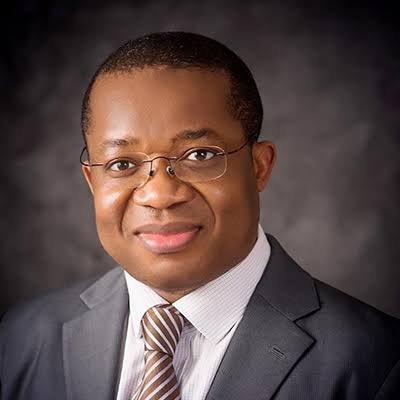Most DisCos Have Negative Equity Carrying Heavy Burden Of Debt- Azura CEO

Joseph Bakare
The Managing Director and Chief Executive of Azura-Edo IPP, Mr Edu Okeke, advocated a capital base of at least $500 million for Distribution Companies (DisCos) in Nigeria.
Okeke, said that to enable meaningful progress, DisCos must be adequately capitalised.
He said, most Discos have negative equity, leaving them with little to no financial stake.
Speaking in Abuja at the 4th edition of the annual workshop organised by the Power Correspondents Association of Nigeria (PCAN), he noted, “Ideally, no Disco should operate without at least $250 million in shareholder funds. Just as the Central Bank of Nigeria (CBN) has raised capital requirements for banks to ensure their stability and capacity to serve, the Nigerian Electricity Regulatory Commission (NERC) should mandate similar capitalisation standards for Discos.
“Many Discos also carry a heavy burden of debt, accumulated over time through a mix of operational challenges and systemic issues. To truly address this problem, the government needs to come clean and take a decisive step.
“My recommendation is a two-pronged approach: to consider removing these debts from the Discos’ books and mandating them to increase their capital by at least $500 million each.
“This will require existing shareholders to dilute their holdings to attract new investors with real capital to invest in infrastructure — not just on paper, but in transformers, cables, and equipment to serve customers reliably,” he argued.
In a goodwill message by the Managing Director of the Nigerian Electricity Management Services Agency (NEMSA), Tukur Aliyu, he said that this year has seen various challenges and milestones in the sector, from the rapid expansion of infrastructure to the modernisation efforts aimed at enhancing operational efficiency and safety across the country.
He said, NEMSA, has been proactive in addressing these challenges, and has made significant strides in electrical safety and quality management to support the stability and reliability of Nigeria’s power systems.
The Minister of Power, Chief Adebayo Adelabu, on his said that the federal government was taking practicable steps to resolve Nigeria’s intractable power supply crisis.
The Minister who was represented by the Director, Renewables & Rural Access in the ministry, Sunday Owolabi, noted that for years, Nigeria has had several dialogues on how to solve the deficit of electricity nationwide, adding that it was time to end the talk.
Adelabu described the theme of this year’s conference: “Nigerian Power Sector: Ending the Talk, Moving to Action,” as not only timely but crucial for the growth and sustainability of the nation’s energy future.
“For many years, we have had discussions, deliberations, and strategic dialogues on the challenges facing the power sector. We have heard the calls for reform, the promises of growth, and the visions of a brighter energy future.
“Yet, it is clear that words alone will no longer suffice. We have reached a pivotal moment where the time for action has arrived. Our citizens, industries, and economy can no longer wait for promises; they demand results.
“The government remains fully committed to transforming Nigeria’s power sector through meaningful and actionable reforms. We are focused on ensuring that our policies are not only visionary but also practical, impactful, and sustainable.
“From the ongoing efforts to address infrastructure gaps, enhance power generation, and improve transmission networks, to the vital reforms in distribution and the full implementation of the electricity market, we are resolute in our mission to improve the power supply for every Nigerian,” Adelabu said.
PCAN Chairman, Obas Esiedesa, in his opening remarks, said the association was concerned that the sector had seen more discussions than actual progress, noting that despite the constant dialogue, each step forward often seems to bring about setbacks.
“Persistent issues with grid reliability and the ongoing challenges in the national grid system, even after 11 years of privatisation, remind us too much of the pre-privatisation era,” he added.




